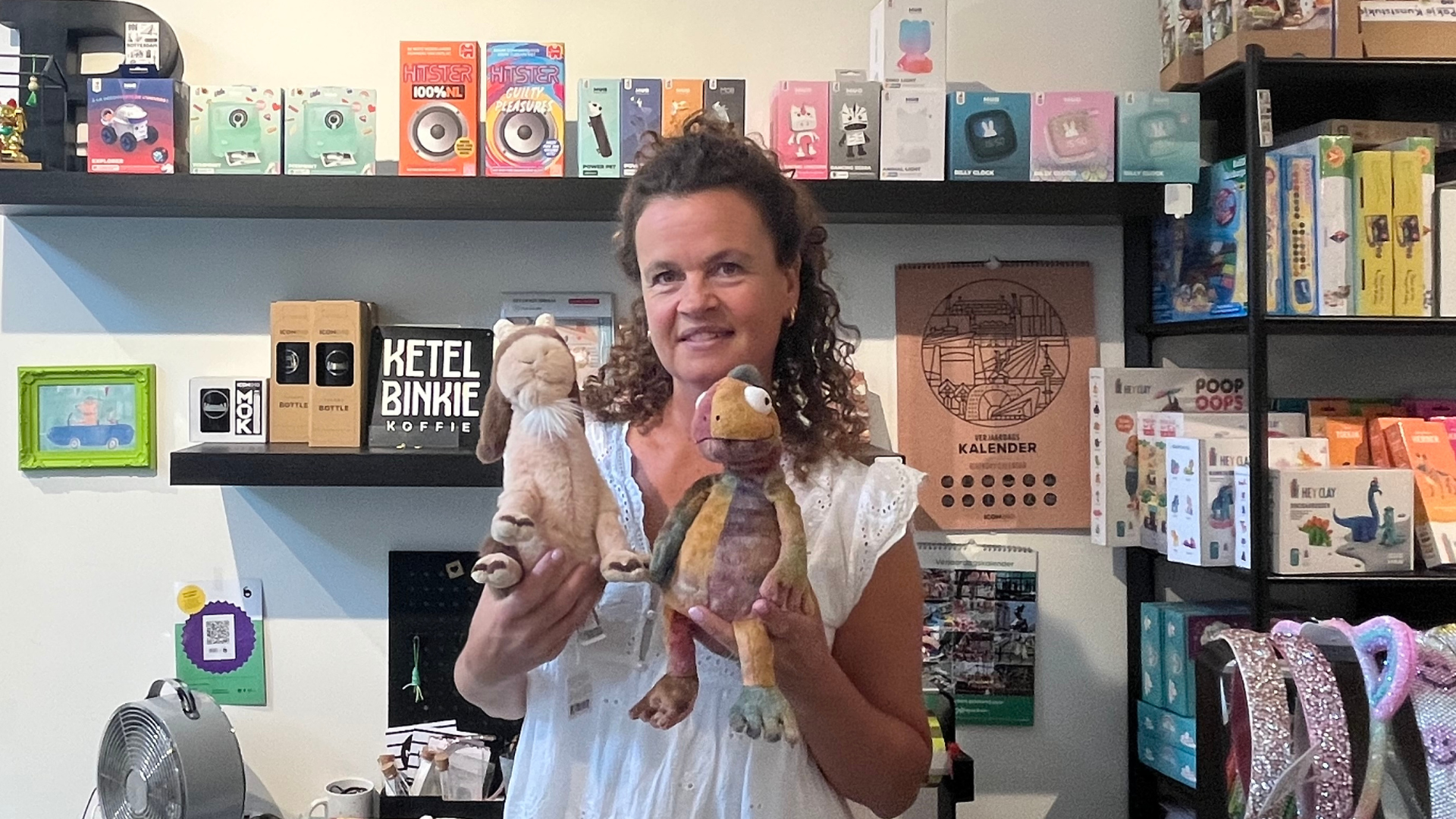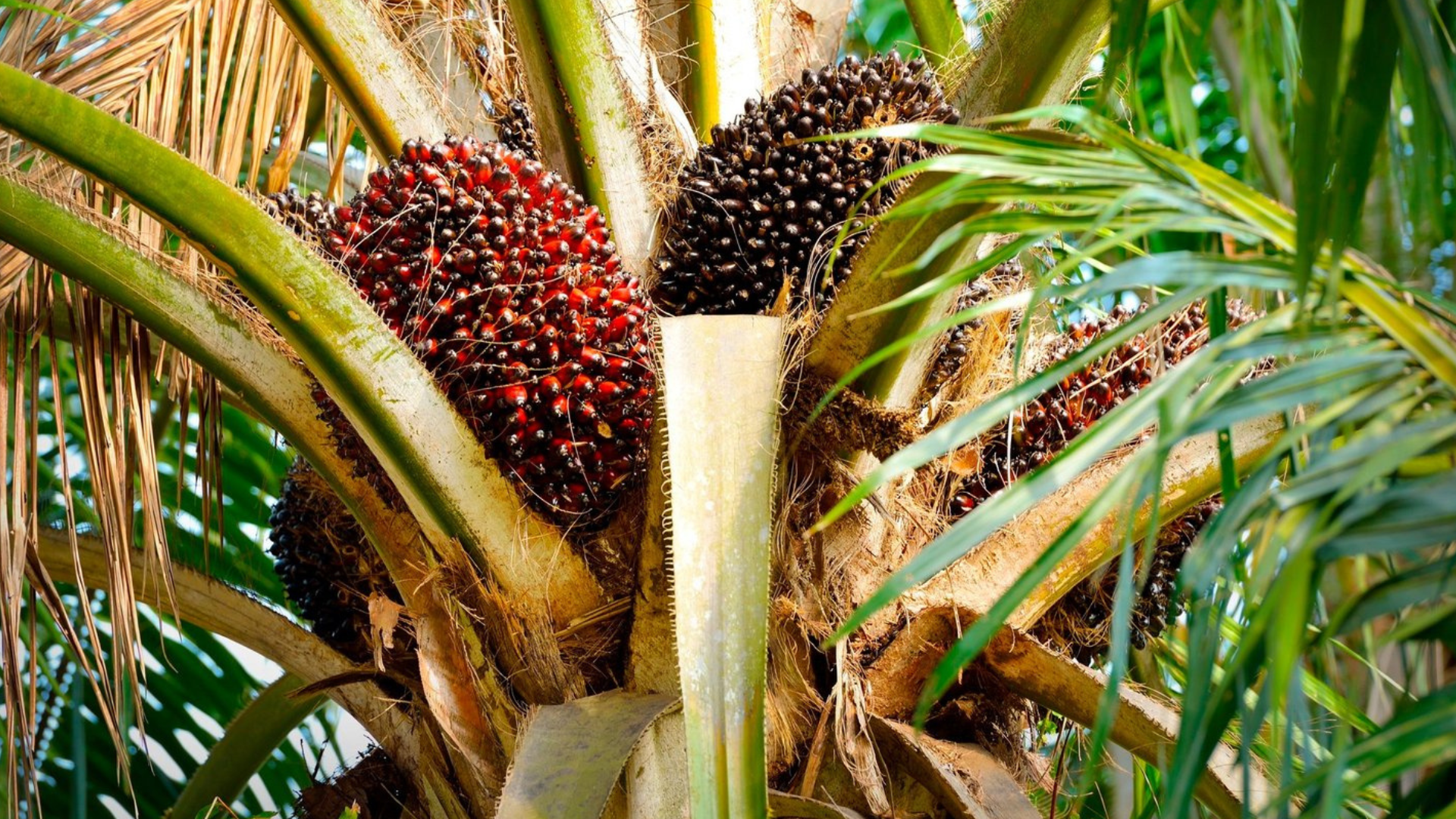All cities have their own approach to sustainability. In this blog, we discuss Rotterdam’s vision for the future in terms of the first 9 Sustainable Development Goals (SDGs), and how the municipality tries to achieve its goals. All cities have their own approach to sustainability. In this blog, we discuss Rotterdam’s vision for the future in terms of the first 9 Sustainable Development Goals (SDGs), and how the municipality tries to achieve its goals.
If we as a country want to take significant steps in the right direction to combat the climate crisis, every municipality will have to contribute.
In this article, you can read how the municipality of Rotterdam views the different dimensions of sustainability (social, ecological and economical), and what plans there are in place to make Rotterdam more sustainable. The municipality's approach will be discussed in relation to the first 9 Sustainable Development Goals (SDGs).
The vision of Rotterdam
We will tell you more about Rotterdam’s vision on sustainability in relation to each of the Sustainable Development Goals (SDGs).
Goal 1 & 2: End poverty and hunger
In recent years (2018 – 2022), the municipality has tried to combat poverty among the citizens of Rotterdam on the basis of the policy plans ‘Uit de Knoop’ and ‘Reset Rotterdam’. This was not without result: the number of underage children in a low-income household decreased by 3.4% between 2018 and 2019.
Current policy mainly focuses on providing intensive support to poor families, preventing and tackling debts (especially among young Rotterdammers) and motivating residents to make use of income support systems. Due to the positive results that were achieved, the municipality will continue its current approach in 2022.

Goal 3: Good health and well-being
To improve the health and well-being of Rotterdammers, the municipality is trying to make healthcare more accessible to all.
For example, it is made easier for the elderly and people with disabilities to live independently for longer. This includes helping citizens to find a place to live, providing the right aids to move around and encouraging social contact. Moreover, diverse and accessible sports, recreation and cultural offerings are set up to motivate citizens to actively participate in society. In addition, help is offered to vulnerable young people and their families.
The municipality also tries to create a healthy living environment and to stimulate healthier behaviour. To reach this goal, Rotterdam collaborates with various partners. There are, amongst others, programmes in place to improve the psychological and sexual health of Rotterdammers, to support citizens in their pursuit of a healthy weight and to limit smoking, alcohol and drug use.

Goal 4: Quality education
The Rotterdam education policy is called ‘Equal opportunities for every talent’. It focuses on improving educational results and increasing the development opportunities for all children.
To achieve these goals, there is a subsidy in place that aims to reduce the quality differences between schools. The action plan ‘Transitions in Rotterdam education’ has been set up to improve transition moments in education for a smooth course of every child’s school career. The municipality also holds annual talks with schools that run a risk of reduced school performance. In addition, there exists a subsidy to increase the reach of the pre-school. Finally, the municipality is trying to combat staff shortages at schools and childcare by developing an emergency plan.

Goal 6: Clean water and sanitation
The municipality of Rotterdam believes that clean water and sanitation should be available to everyone. That is why a lot of time and effort is invested in maintaining the municipal sewage system and making the water chain more sustainable.
The Municipal Sewerage Plan (GRP) states how often all parts of the water system must be monitored and cleaned. The urban water system of the future is shaped in the RoSA (Rotterdam collaboration in the wastewater chain). The Rotterdam Water Plan was drawn up to guarantee good water quality and the Marine Litter Strategy is put in place to combat the pollution of Rotterdam’s waters.

Goal 7: Affordable and clean energy
To ensure that everyone has access to affordable and sustainable energy, the energy transition ambitions have been formulated. The Energy Transition Council Agreement contains twelve principles that serve as guidelines while going through this energy transition.
The municipality has set ambitious targets for solar and wind energy. The goal for 2030 is to realise 750 megawatt peak (MWp) of installed solar energy. This is enough to supply 225,000 households with green energy. Meanwhile, 270,000 solar panels have been installed (+- 73.5 MWp capacity). The municipality also wants at least 40% of all suitable roofs to have solar panels by that time.
With regard to wind energy, the goal is to have about 100 operational wind turbines in the port area and in the vicinity of the city by 2025. This equates to an annual electricity production from wind energy of approximately 771,000 megawatt hours (MSh).
The aim is to make 15,000 homes more sustainable by 2022 and to start making 10,000 homes free from gas. Lastly, the Municipal vision on hydrogen offers a clear framework for making the port and heavy transport more sustainable.

Goal 8: Decent Work and Economic Growth
The municipality of Rotterdam is trying to strengthen both the labor market and the labor market position of job seekers.
Rotterdam residents who receive benefits receive help to find a job as quickly as possible in the form of personal guidance. The Learning-Work Agreements invest in the future labour market, collaborating with employers and educational organisations to facilitate the transition from school to work, from work to work and from job-seeking to work. The Rotterdam Scholingsfonds is used to educate and retrain Rotterdammers to tackle the mismatch in the labour market.
There is also cooperation with municipalities from the Rijnmond labour market region, the UWV, employment agencies and social partners to improve the labour market in Rotterdam. In addition, young people are guided as much as possible to become self-reliant and participate in society.

Goal 9: Industry, Innovation and Infrastructure
Improving the infrastructure in the municipality of Rotterdam is achieved by means of the Rotterdam Mobility Approach (RMA). New river crossings are established, safe and crossable city boulevards are created and spacious bicycle paths are being built. Attention is also paid to attractive public transport nodes and more parking space for bicycles.
Further improvements in terms of sustainability are being achieved by giving priority to accessible, clean and quiet transport systems that do not take up too much space. In other words, preference is given to walking, cycling, public transport and electric motor vehicles as modes of transport. Electric driving, for example, is encouraged by the Zero Emission Mobility Approach – which states, amongst others, that 1500 public charging points will be added over the next three years. The municipality also works together with residents to come up with neighbourhood-oriented solutions (such as mobility hubs) and with employers to think of solutions for business transport. In addition, investments are being made in innovative vehicle technology (such as electric garbage trucks) and the municipal vehicle fleet is made more sustainable.
Lastly, the municipality is trying to make the port greener by promoting efficiency and electrification (by means of an improved energy- and CO2 approach), the renewal of the port’s energy system and the renewal and improvement of the raw materials system. There are also measures in place to make the transport in the port more sustainable.

Curious about the approach of the municipality with regard to the other SDGs?
Then be sure to read next week’s blog!
Source: Municipal Budget 2022 – Sustainable development goals; link






.png)


